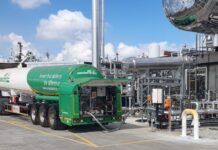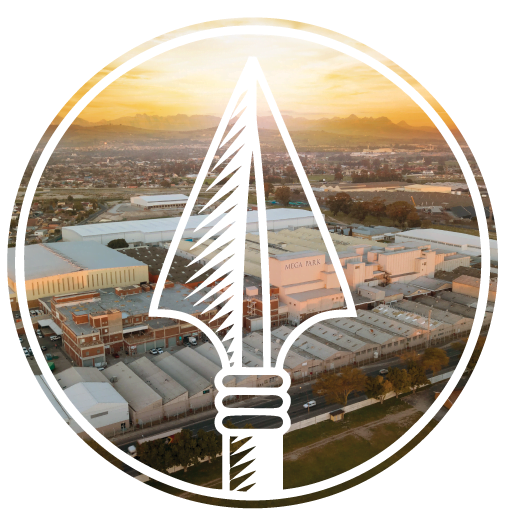SPEAR, which could be seen as a proxy for the Western Cape real estate market, is not expecting an easy recovery from the Covid-19 slump that has laid the local property sector low for the last 15 months.
In its forward looking statement tagged to its recently released year to end February financial results, Spear CEO Quintin Rossi warned it would be critical for management to remain close to the pulse of the business and continue to seek growth and value-add opportunities.
The group, though, believed its Western Cape focus was one of the key attributes that has given rise to Spear’s strong rental collection profile under the Covid-19 circumstances.
Rossi said: “Navigating into financial 2022, the market conditions and the economic outlook in South Africa, and in Spear’s case, the Western Cape, remain uncertain to a degree with some green shoots emerging as retail sales increase and restaurants, destination retail malls and airports become busier. Predicting the recovery path and the duration of such a recovery remains very difficult, but we are confident that this recovery has begun and will gain momentum.”
Spear’s management’s guidance is a distribution per share growth of 6% – 8% for financial 2020 with the dividend payout ratio strategy maintained at less than 80% of distributable income.
This robust guidance is based on the ongoing recovery of the macroeconomic environment and that there will be no third or fourth wave of infections followed by a lockdown. Spear is also banking on no major tenant failures take place in the year and that international travel markets resume and travellers re-enter SA.
Rossi believed commercial office vacancies would in the shorter term trend upwards with office vacancies normalising into the medium term as return-to-work plans were executed and companies started to focus on business and operational growth.
He reckoned Spear’s industrial and retail portfolio would continue to trade strongly through the economic recovery and post-pandemic environment – providing income consistency and ensuring demand for these rental properties remains strong.
What Rossi did stress was that management’s proximity to assets remained excellent. “Our ability to speedily resolve business and operational issues remains exemplary. Obsessive focus on rental collections will remain as meaningful inroads will continue to be made on historical receivables.”
Rossi confirmed management would also continue to actively dispose of non-core assets – which would include the focused exit from its hospitality assets.
Looking back at the year to end February 2021, Spear’s portfolio occupancy rate remained in the mid-90%.
Spear’s current property portfolio consists of 32 with an average value of R139 million per property, which was a 7.33% increase from financial 2020 (R130 million per property). The total gross lettable area (GLA) at year-end was 453 458m2, and was valued at R4.5 billion.
Rossi disclosed that the portfolio’s income stream is underpinned by contractual escalations of 6.81%, a weighted average lease expiry of 27 months together with a high percentage of A-grade tenants (listed and large nationals) comprising 52% of the total portfolio GLA.
The overall vacancy at the end of February was only 6.16% – albeit higher than the 2.88% recorded in financial 2020.
Spear’s industrial portfolio (GLA: 243 162m2) was almost 98% occupied. Rossi said the the industrial portfolio had been a significant moat around Spear’s business during the year with 54% of rentable GLA being industrial properties. “During the peak of the pandemic the resilience and quality of covenants of the industrial portfolio has stood out. As early as May 2021 demand for Spear’s well-located industrial rental opportunities has continued consistently over the year.”
Spear’s industrial portfolio offers a diversified industrial offering situated in well-established industrial nodes – consisting of mini, mid-size and large modern logistics units. Two new ten-year development lease agreements were concluded with packaging giant Nampak and Grindrod Logistics.
The commercial hub was around 87% occupied. Rossi said the future of work and how it affects the office sector were arguably key unknowns within the real estate environment.
He said office sector lease renewals continued to be concluded, although under very difficult trading conditions and extremely tough negotiations as rent preservation remained a top priority. During the period 35 408m2 of commercial space was renewed or relet with a negative rental reversion of 1.79%.
In Beacon Way, Beaconvale Spear concluded a long-term lease and redevelopment agreement with Nova Marine, a subsidiary of Sturrock Grindrod Marine Services. The property will be redeveloped into a state-of-the-art container terminal and bulk storage facility at a cost of R44 million.
Both of these leases are 10 years in duration.















